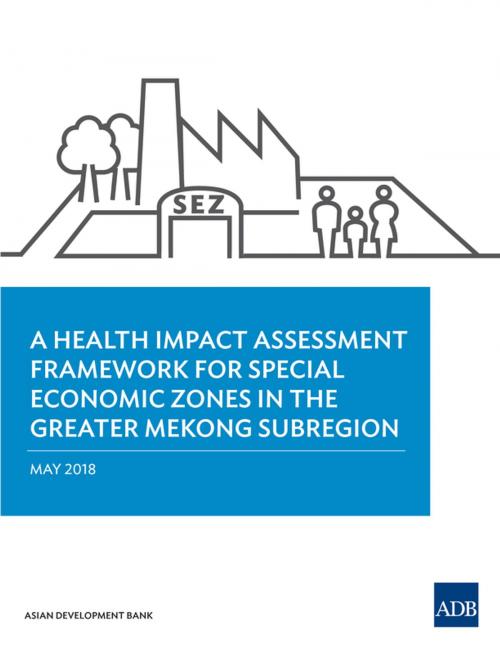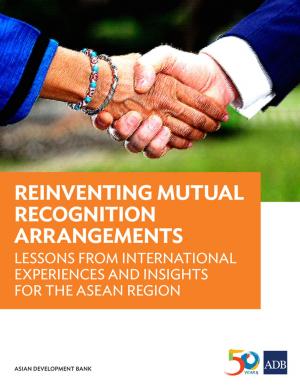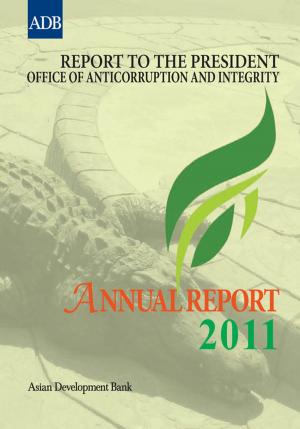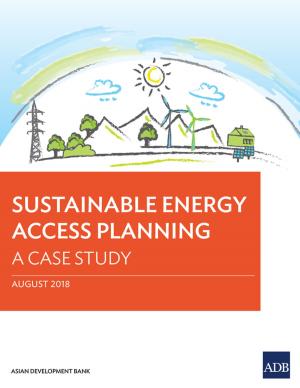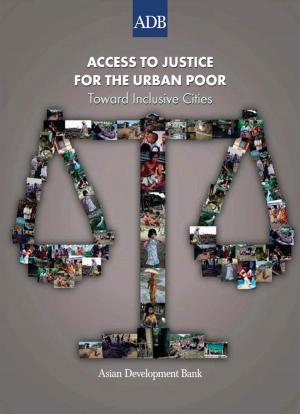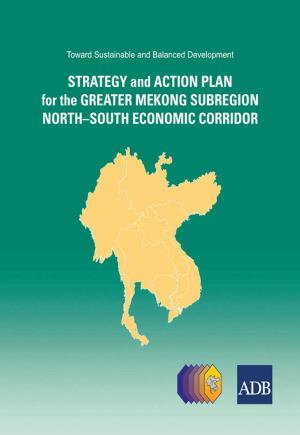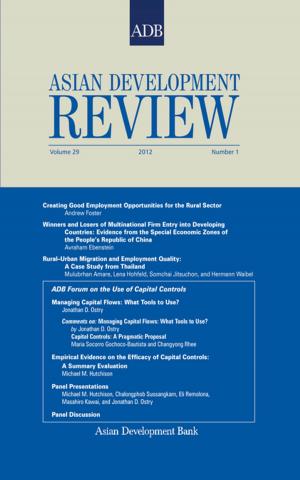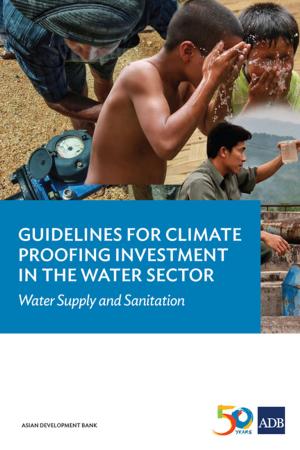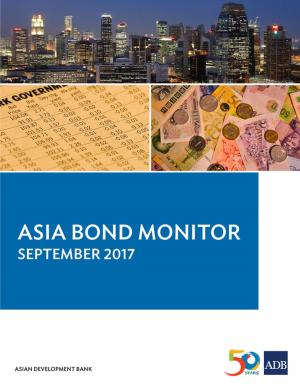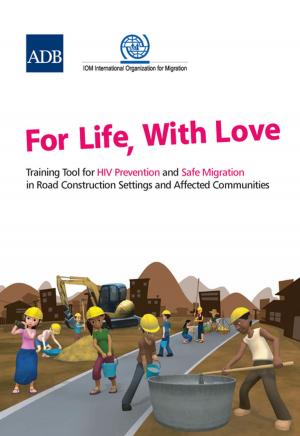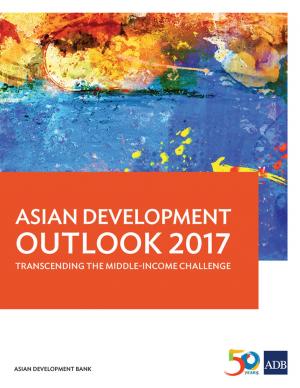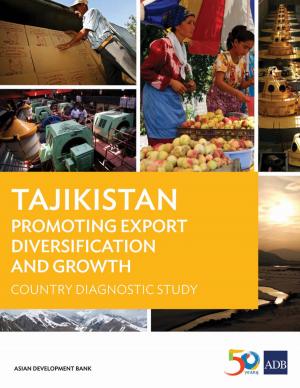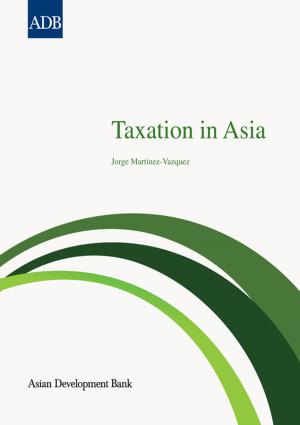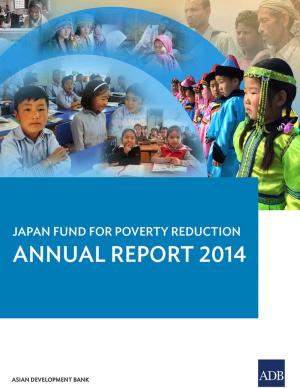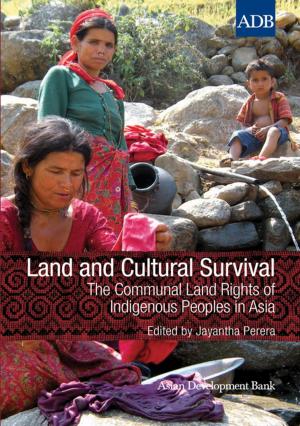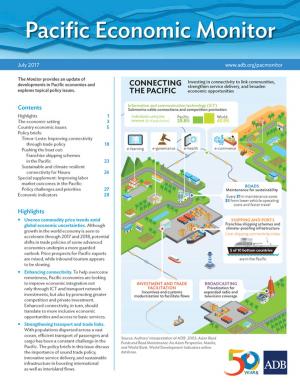A Health Impact Assessment Framework for Special Economic Zones in the Greater Mekong Subregion
Nonfiction, Social & Cultural Studies, Political Science, Politics, Regional Planning, Business & Finance, Career Planning & Job Hunting, Labor| Author: | Asian Development Bank | ISBN: | 9789292611453 |
| Publisher: | Asian Development Bank | Publication: | May 1, 2018 |
| Imprint: | Asian Development Bank | Language: | English |
| Author: | Asian Development Bank |
| ISBN: | 9789292611453 |
| Publisher: | Asian Development Bank |
| Publication: | May 1, 2018 |
| Imprint: | Asian Development Bank |
| Language: | English |
Across the Greater Mekong Subregion (GMS), there are over 500 special economic zones (SEZs) and industrial zones located near GMS economic corridors and covering over 50 million people. This proposed health impact assessment (HIA) framework recognizes these SEZs and economic corridors as economic engines of the subregion and aims to maximize benefits for all. The framework aims to provide enhanced guidance for identifying, mitigating, and managing health risks and impacts of unprecedented industrial and economic development in these SEZs, and seeks to address transboundary health issues associated with mobile and migrant worker populations. It proposes HIA as an effective SEZ management support tool to achieve optimum benefits for businesses and associated communities alike.
Across the Greater Mekong Subregion (GMS), there are over 500 special economic zones (SEZs) and industrial zones located near GMS economic corridors and covering over 50 million people. This proposed health impact assessment (HIA) framework recognizes these SEZs and economic corridors as economic engines of the subregion and aims to maximize benefits for all. The framework aims to provide enhanced guidance for identifying, mitigating, and managing health risks and impacts of unprecedented industrial and economic development in these SEZs, and seeks to address transboundary health issues associated with mobile and migrant worker populations. It proposes HIA as an effective SEZ management support tool to achieve optimum benefits for businesses and associated communities alike.
